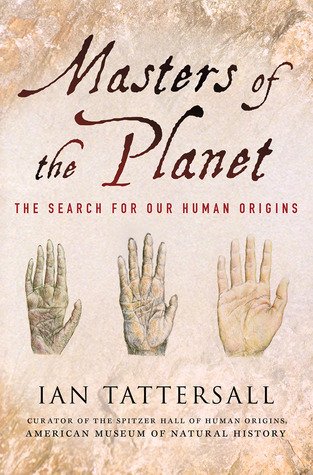Episode 119: Ian Tattersall
We Are An Experiment That Is Still Unraveling Itself
Today's episode is diving into anthropology, paleontology, archeology, and all of these related disciplines with Ian Tattersall.
He is the curator emeritus with the American Museum of Natural History in New York, and also the author of a wide range of books, both by himself and with his co-author Rob DeSalle.
The most recent book is “The Accidental Homo Sapiens: Genetics, Behavior, and Free Will,”, which builds on a lot of their previous work, including “Masters of the Planet: The Search for Our Human Origins.”
Nicaraguan deaf school children, the origins of vocal language, molecular anthropology, and “bean bag genetics.”
Episode Quotes:
Why is “bean bag genetics” so popular?:
“Our minds are reductionist, we want to understand the world and we want to understand it in terms that we can readily relate to. And the idea that a gene is responsible for something in a one-to-one correspondence gives us an easy way to explain it to ourselves. It doesn't have anything to do with reality.”
On human nature:
“Unintentionally, I don't think we are going out to make any species extinct, but we are just having that effect. And the only iron clad rule of human nature really is, it’s a rule of unintended consequences. And that's just the effect that we have.”
On the emergence & evolution of language:
“And that's what makes language peculiar. And language maps so closely on to thought for us, that I'm sure that it was the invention of language, vocal language in this case because there were no vocal languages, that is what stimulated the sort of feedback system in the brain that gave rise to symbolic thought.
And that's something I just can't see happening over a long, long, long period of time, which is the way that most people look at it.”
Functional evolution:
“Basically, the thing that we really have to understand is that you can't do something new unless you already have the capacity to do it. So the structure has to be there before you can start behaving in a different way.”
Show Links:
Guest Profile:
Professional Profile at American Museum of Natural History
His work







